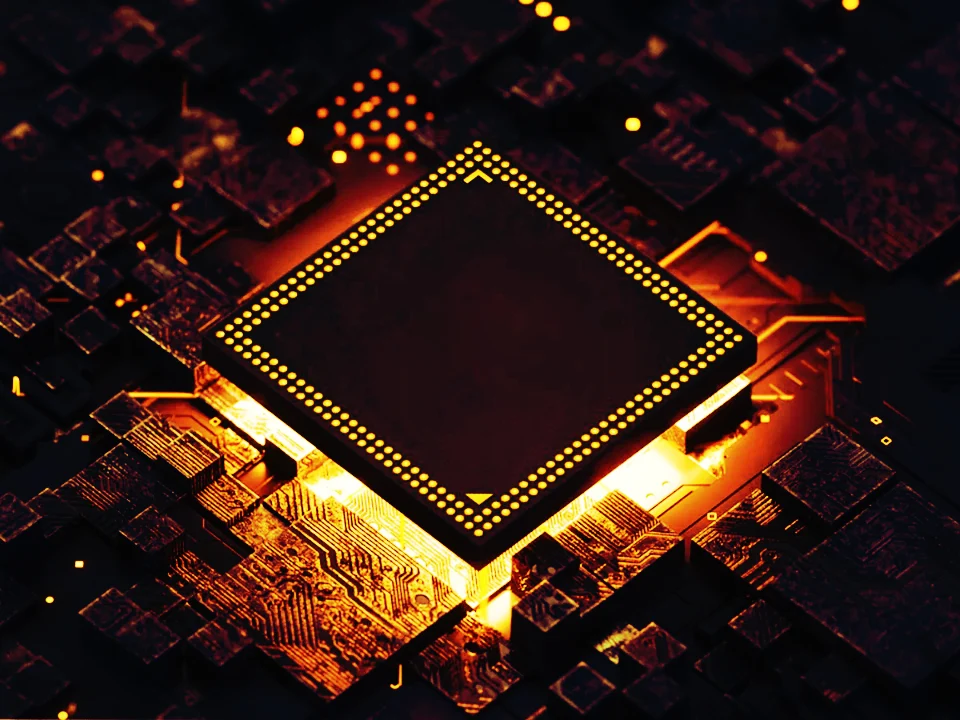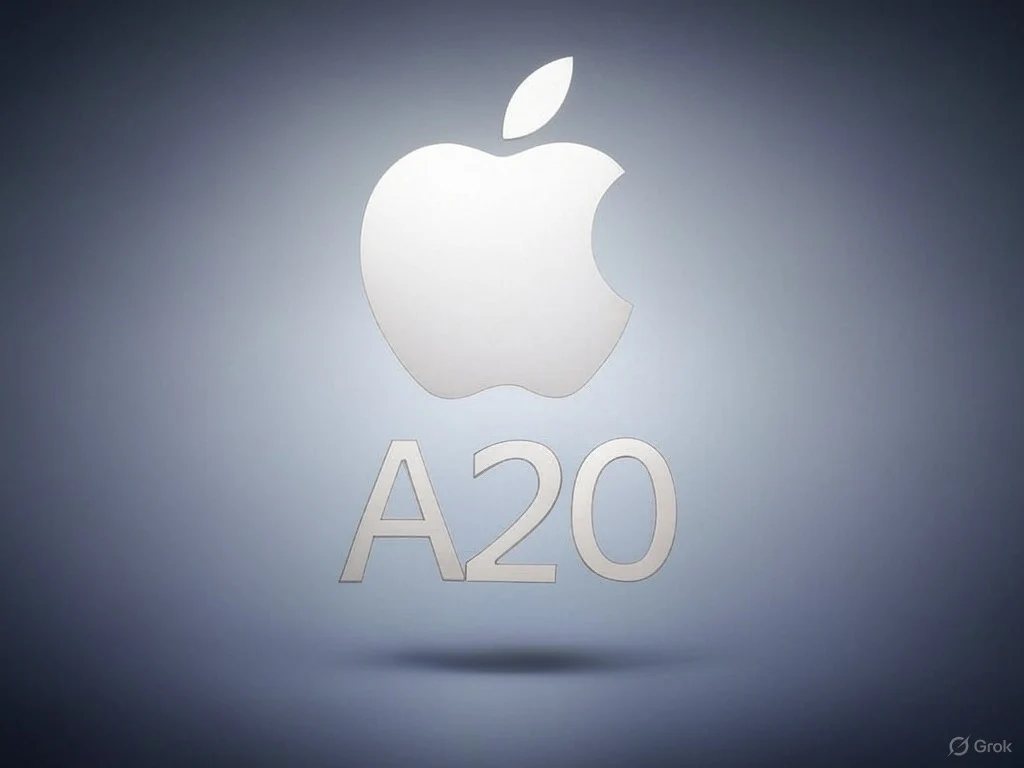Key Takeaways
1. The iPhone 17 Pro and Pro Max will feature the Apple A19 chip, while the Apple A20 is expected to use TSMC’s new 2-nanometer N2 process.
2. The A20 chip could offer a 15% power increase and a 30% efficiency improvement, even without architectural upgrades.
3. The Apple A20 may utilize advanced Wafer-Level Multi-Chip Module packaging, integrating memory directly onto the chip.
4. This new design could enhance memory bandwidth, reduce power use, and save space for potentially larger batteries.
5. The A20 chip is anticipated to debut in the iPhone 18 series, with possible delays if TSMC’s production timeline is not met.
While the next iPhone 17 Pro and iPhone 17 Pro Max are anticipated to come with the Apple A19 chip, which is likely to be produced using TSMC’s N3P process, analyst Jeff Pu now claims that the Apple A20 will be produced using a new 2-nanometer technology, specifically TSMC’s N2 process. This advancement could enhance the chipset’s power by up to 15% and improve its efficiency by 30%, even disregarding any possible architectural upgrades.
Notable Packaging Innovations
Another key enhancement for the Apple A20 could be the advanced Wafer-Level Multi-Chip Module (WMCM) packaging process. In simple terms, this means that the memory will be integrated directly onto the chip instead of relying on separate RAM modules on the mainboard. Although this design is pricier, it has the potential to deliver much higher memory bandwidth and a slight reduction in power use. Jeff Pu mentions that this method could also save some space on the mainboard, potentially allowing Apple to include a slightly larger battery.
Future iPhone Models
Regardless, the Apple A20 SoC is set to make its first appearance in the iPhone 18 Pro, iPhone 18 Pro Max, and iPhone 18 Fold, which are expected to be announced in September 2026. As is common with early speculation, these details and assertions should be viewed skeptically. Apple’s plans could shift if TSMC fails to meet its production timeline for the N2 process. Furthermore, the base versions of Apple’s forthcoming smartphones are likely to feature last-generation chips to maintain more affordable pricing.
Source:
Link



